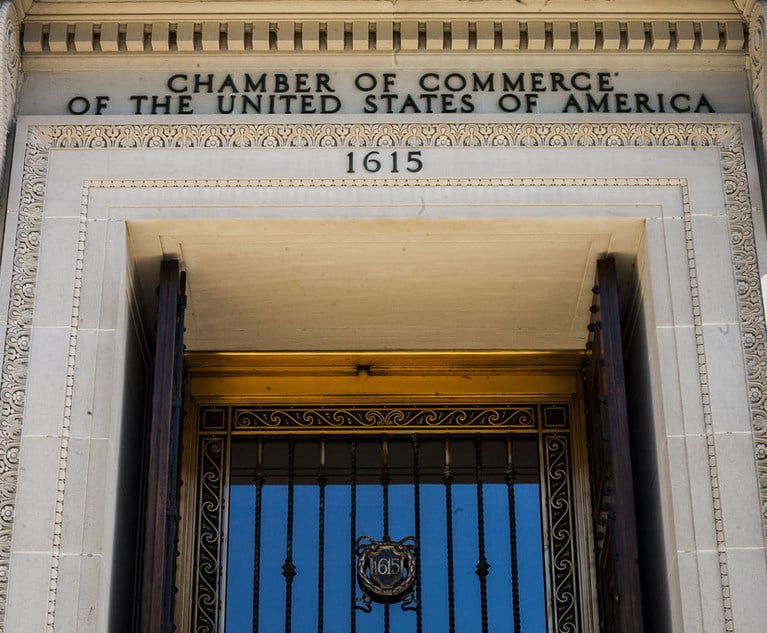All signs suggest that Congress may finally enact comprehensive data privacy legislation. And while several bills were introduced in 2018 and are likely to be reintroduced in 2019, the Data Care Act, which was released Dec. 12, has already been endorsed by 16 Democratic senators. With that broad base of support, the Data Care Act will likely serve as a starting point for negotiations, which means it is an important development on the ever-evolving data privacy landscape.
Signs Congress Will Act
Given past failed efforts, it’s tempting to dismiss any hope—or concern—that Congress will enact comprehensive data privacy legislation. But that’s a mistake.


 Photo: Zerbor/Shutterstock.com
Photo: Zerbor/Shutterstock.com





